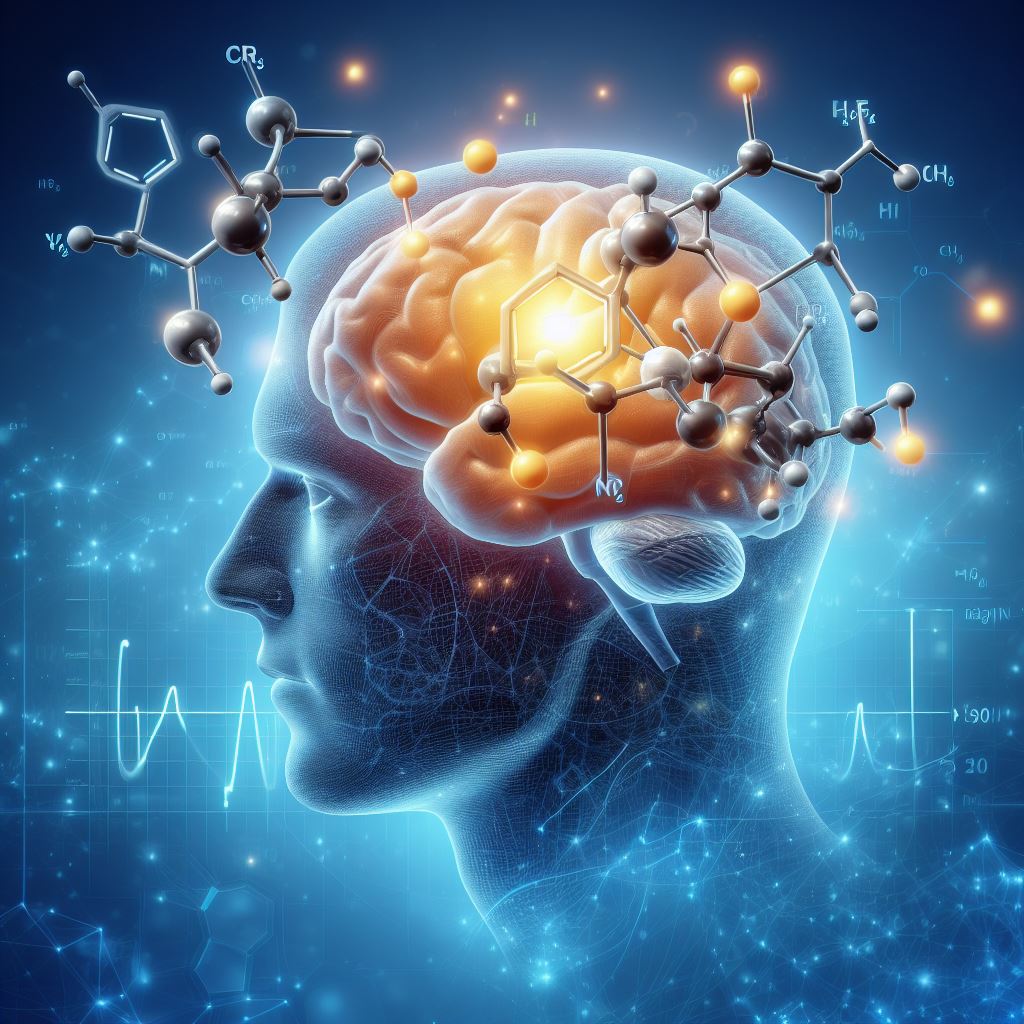In recent years, creatine, a compound naturally present in our bodies and often taken in supplemental form, has gained attention for its benefits beyond muscle growth. Originally prized by athletes, creatine’s potential extends to brain function as well.
Understanding Creatine
Creatine, composed of carbon, oxygen, nitrogen, and hydrogen, was first discovered in 1832 and primarily resides in our muscles. While our bodies produce it naturally, supplementation can significantly boost levels.
Is creatine good for the brain?
1.Creatine and the brain’s energy metabolism
Our brains are voracious energy consumers, consuming over 20% of the body’s energy despite comprising only 2% of its weight. Creatine, known for its energy-enhancing properties, holds promise as a significant brain booster. Studies indicate that oral creatine supplements elevate brain creatine levels, potentially combating mental fatigue. This access to extra brain fuel may elucidate the myriad cognitive benefits associated with creatine supplementation.
2.Creatine and memory
While many supplements promise memory enhancement, only a few deliver statistically significant results. Creatine stands out. In a comprehensive meta-analysis from 2022, it was found that creatine supplementation notably boosted memory, especially among older adults aged 66-77.
3.Creatine, intelligence, and reasoning
Similar to memory, only a handful of supplement interventions are associated with enhanced intelligence scores. However, the findings on creatine stand out. A 2018 systematic review of randomized trials suggests that taking oral creatine supplements could potentially enhance the intelligence and reasoning abilities of healthy individuals.[4]
What type and how much?
Various types of creatine are available in the market, such as creatine ethyl ester, creatine hydrochloride, buffered creatine, and creatine monohydrate. Among them, creatine monohydrate is the most researched and cost-effective option.
Dosing recommendations vary, but approximately five grams is commonly recommended, especially in brain-specific studies. Some exercise research indicates that taking creatine after workouts and with food may enhance its performance effects.
Is creatine good for the brain?
Creatine shows promise for brain health, though more research is needed. Here’s what we know:
Brain Benefits:
Creatine helps the brain produce energy, potentially improving memory, reasoning, and overall function [1].
Who Might Benefit Most:
Studies suggest benefits for older adults, vegans/vegetarians with lower creatine stores, and those experiencing mental fatigue [2, 3].
It’s important to note:
Research results can vary depending on factors like dosage, age, and the specific cognitive task being measured [2].
More studies are needed to confirm and fully understand creatine’s impact on the brain [1, 3].
Consult a doctor before taking creatine supplements, especially if you have any health conditions.
Creatine is generally well-tolerated and safe for most healthy people. However, there have been some rare cases of side effects
In some cases, creatine use has also been linked to headaches and dizziness, which can contribute to brain fog.
If you experience any of these side effects after starting creatine, it is important to stop taking it and talk to your doctor.
Here are some additional things to keep in mind about creatine and brain fog:
There is some evidence that creatine may actually help to improve cognitive function and reduce brain fog.
More research is needed to confirm these findings.
Research suggests creatine is unlikely to cause brain damage in healthy individuals at recommended doses. In fact, there’s evidence it might be beneficial for brain health:
Neuroprotection:
Studies on creatine supplementation show promise in reducing brain damage from mild traumatic brain injury (mTBI) and improving recovery [5].
Cognitive Enhancement:
Creatine supplementation may improve cognitive function, especially in older adults or under conditions of stress, potentially reducing symptoms of mental fatigue.
Creatine shows potential for aiding brain repair, but the research is still developing. Here’s a breakdown:
Promising Studies: Research suggests creatine might help with brain repair after injuries or in conditions with reduced brain creatine levels.
Mild Traumatic Brain Injury (mTBI): Studies indicate creatine supplementation might improve recovery and reduce damage after mTBI.
Neurodegenerative Diseases: Creatine may offer some neuroprotective benefits, but evidence for its effectiveness in treating these diseases is currently limited.
